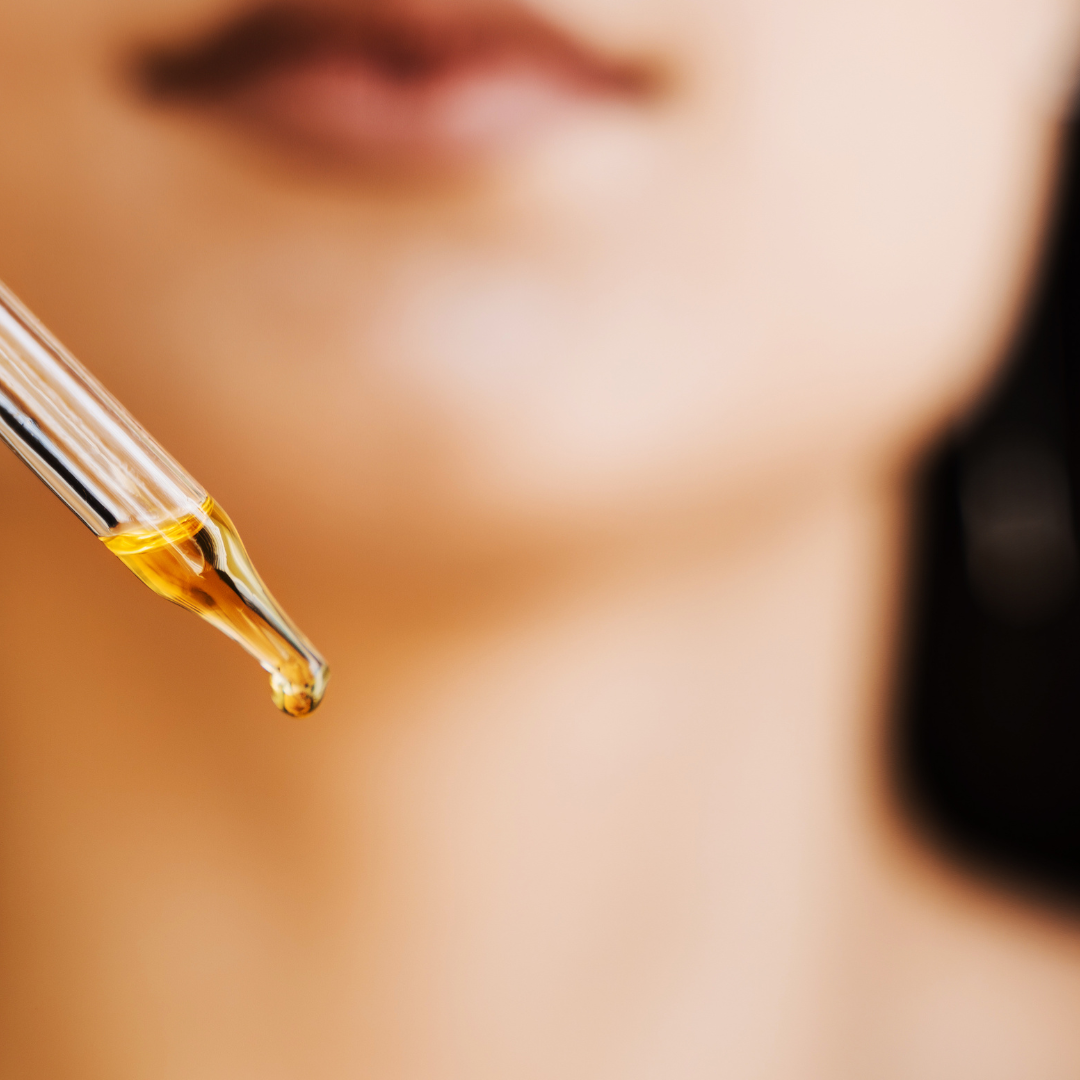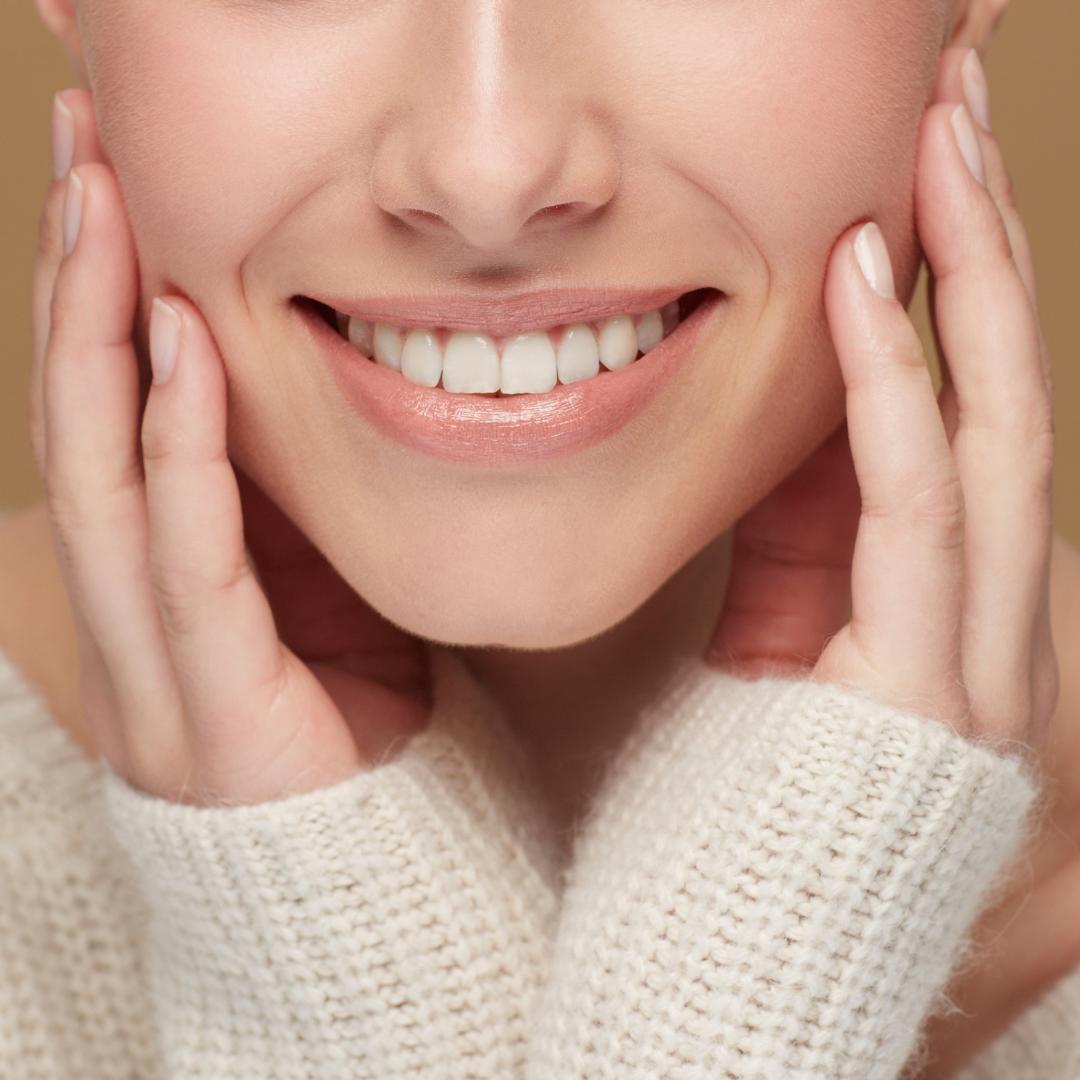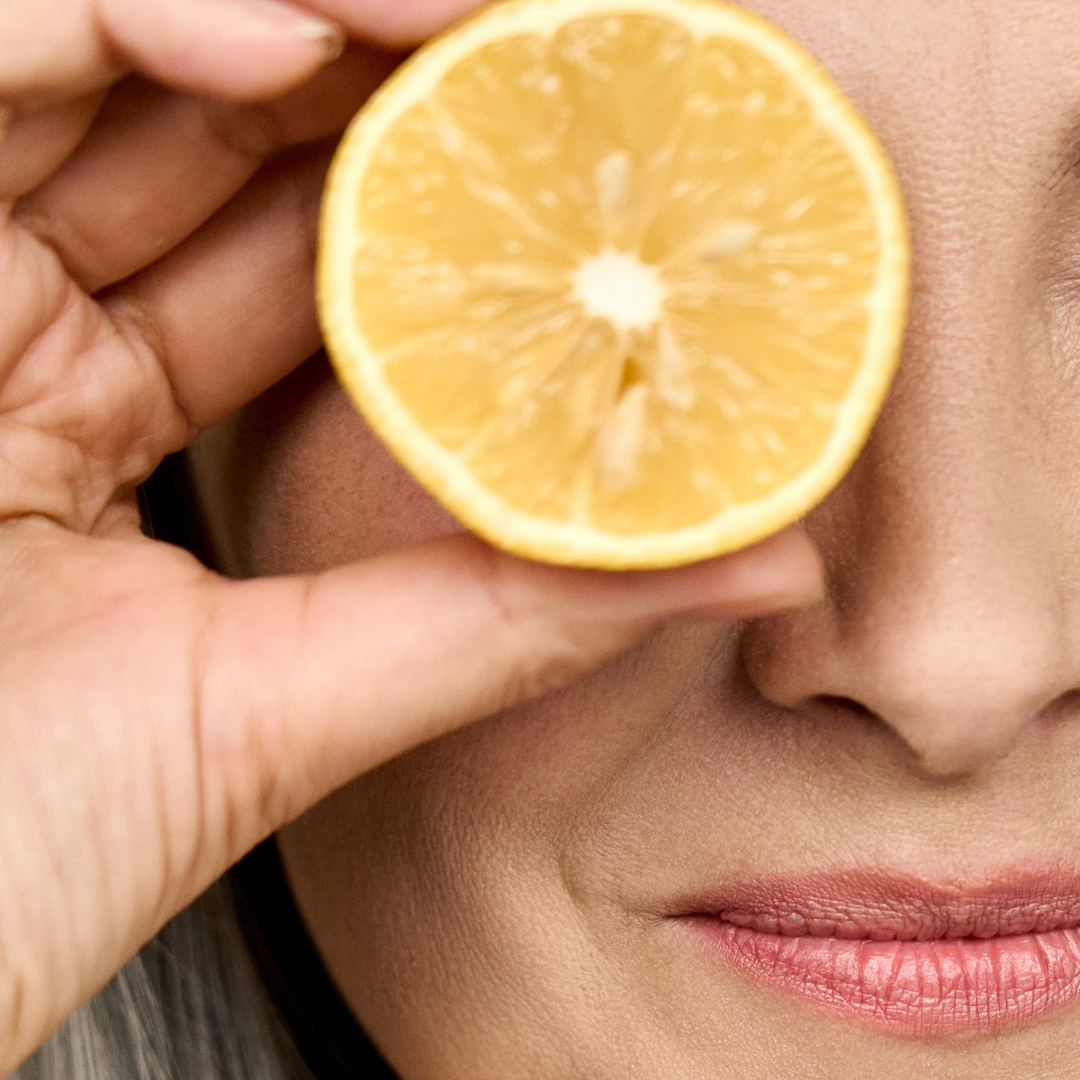Skincare is a field that comes with an incredible variety of ingredients, formulas and promises. A commonly discussed but often misunderstood element in many skin care products is alcohol. Its presence can be both celebrated and criticized, depending on the type of alcohol and its intended use. Alcohols have a long history in skin care and are used in formulations for a variety of reasons. They can serve as solvents, influence the consistency of products, act as preservatives or improve the absorption of other ingredients into the skin. Despite their widespread use, it is important to recognize that not all alcohols are created equal. There are those that are beneficial for the skin and others that can cause problems, especially if used excessively.
Basic knowledge about alcohol
Alcohols are a broad class of organic compounds characterized by the presence of one or more hydroxyl groups (-OH). These molecular structures can be found in a variety of chemical compounds, many of which are widely used in the cosmetics and skin care industries.
There are two main categories of alcohols in cosmetics:
- Fatty alcohols: These alcohols are often derived from fats and oils and are typically waxy. They are often used in skin care as emollients or thickeners.
- Short-chain alcohols: They tend to have a less complex structure and can evaporate quickly, making them common ingredients in disinfectants and some astringents. Ethanol and isopropyl alcohol are typical examples.
The effect of an alcohol on the skin and its role in skin care products depends largely on its specific type and the amount in which it is used. For example, fatty alcohols can have a hydrating and moisturizing effect, while some short-chain alcohols can dry out the skin.
However, it is a mistake to think that all alcohols in skin care products are bad. The truth is that they all have their own pros and cons depending on their specific chemistry, their concentration in a product, and the user's skin type.

Good alcohols in skin care
When we talk about “good” alcohols in skin care, we are usually talking about fatty alcohols.
Features and Benefits:
- Moisturizing: Fatty alcohols help strengthen the skin barrier and prevent moisture loss by creating a protective layer. Softening: They soften the skin and reduce the feeling of dryness and tension.
- Thickeners: In skin care formulations, they help improve the texture of creams and lotions and give them a pleasant consistency.
Examples of good alcohols and their specific benefits:
- Cetyl Alcohol: A white, waxy solid often derived from coconut oil or other fats. It gives skin care products a creamy consistency and simultaneously acts as an emollient and emollient.
- Stearyl alcohol: Similar to cetyl alcohol, this often comes from natural fats and oils. It offers excellent moisturizing properties and can strengthen the skin barrier.
- Cetearyl alcohol: A combination of cetyl and stearyl alcohol. It combines the benefits of both alcohols and is often used in moisturizers and conditioners.
How and why they improve skin care:
- Versatility: Their ability to act as an emollient, thickener and emollient makes them a popular ingredient in a variety of products, from creams to shampoos.
- Skin-friendliness: Unlike some short-chain alcohols, fatty alcohols do not tend to dry out the skin. Instead, they can help increase the skin's moisture levels and keep it supple.
- Compatibility: Fatty alcohols are typically non-comedogenic, meaning they don't tend to clog pores or promote acne breakouts.
While the term "alcohol" may be alarming to some, deeper investigation shows that many alcohols, particularly fatty alcohols, are actually valuable ingredients in skin care that provide many benefits.
Bad alcohols in skin care
The alcohols described as “bad” are usually short-chain alcohols. These can evaporate quickly and are often used in skin care products as solvents, preservatives or astringents. However, especially when present in high concentrations, they can dry out and irritate the skin.
Features and potential disadvantages:
- Dehydration: These alcohols can strip the skin's natural oils, causing dryness and irritation.
- Irritation: May cause redness, burning or itching on sensitive skin.
- Skin barrier disruption: Excessive use can weaken the skin's protective barrier, making it more vulnerable to environmental aggressors and irritations.
Examples of bad alcohols and their specific disadvantages:
- Denatured Alcohol (SD Alcohol): This alcohol is often used in skin care products because it evaporates quickly and leaves a refreshing feeling. However, it can dry out the skin and impair the skin barrier with prolonged use.
- Ethanol (ethyl alcohol): An alcohol commonly used in disinfectants and some cleaners. It can dry out the skin and remove its natural oil barrier.
- Isopropyl Alcohol: Often used in cleansing products and astringent tonics. It can be extremely drying and irritating to the skin, especially when used in high concentrations.
Possible side effects and risks for the skin:
While short-chain alcohols may be useful in certain products and for certain applications, it is important to be aware of their potential drawbacks and choose products carefully, especially if you tend to have dry or sensitive skin.

Myths and misunderstandings surrounding alcohols in skin care
Myth 1: All alcohols are harmful to the skin.
Truth: Not all alcohols are harmful; some, like fatty alcohols, may even benefit the skin.
Myth 2: Alcohol in skin care products always causes dryness.
Truth: Some alcohols are moisturizing, while others can be drying. It depends on the specific alcohol and its concentration.
Myth 3: Products containing alcohol are always bad for sensitive skin.
Truth: Depending on the type of alcohol and product formulation, some products containing alcohol can soothe and nourish sensitive skin.
Myth 4: Alcohols always cause skin irritation.
Truth: The reaction depends on several factors, including the type of alcohol, its concentration, and individual skin type.
Myth 5: Alcohol-free products are always better.
Truth: Not necessarily. The overall product formulation and other ingredients must also be considered.
How to choose the best alcohol-containing products for your skin type
When choosing the right skin care products, it is crucial to know and understand the ingredients, especially when it comes to alcohols. Every skin type reacts differently, and while some alcohols can provide benefits, others can cause problems. Here are some guidelines and tips to ensure you make the best decisions for your skin:
-
Know your skin condition:
- Dry skin: Avoid short-chain alcohols, which can further dry out the skin. Instead, look for products that contain moisturizing fatty alcohols.
- Oily skin: Some products containing alcohol can help reduce excess oil and tighten pores. However, be careful not to overdry your skin, which could lead to more oil production.
- Sensitive skin: Be careful with short-chain alcohols and do a patch test before fully applying a new product.
- Read the ingredients: Understand the difference between different types of alcohol and where they appear in the ingredients list. An alcohol higher on the list is present in a higher concentration.
- Pay attention to ingredient combinations: Some alcohol-containing products also contain soothing and moisturizing ingredients that can offset potential adverse effects.
- Listen to your skin: If you experience dryness, irritation, or other adverse reactions after using a product, you should reconsider use and consult a dermatologist if necessary.
-
Test the product first:
A patch test, where you apply the product to a small area of skin, can help you determine how your skin reacts to a specific alcohol. -
Get advice:
If you are unsure, a consultation with a dermatologist or skin care professional can provide information about which products are best for your specific skin type and needs.
Conclusion:
You should be informed and not be guided by general myths or blanket assumptions. Each alcohol has its own properties and effects, and it is crucial to choose products based on science and individual skin needs rather than being guided by common misconceptions. With the Zkin Lab skin analysis kit you receive a composition of ingredients that is tailored precisely to your skin condition. Not only can you save research time, but you can also avoid making bad purchases and using unsuitable products





